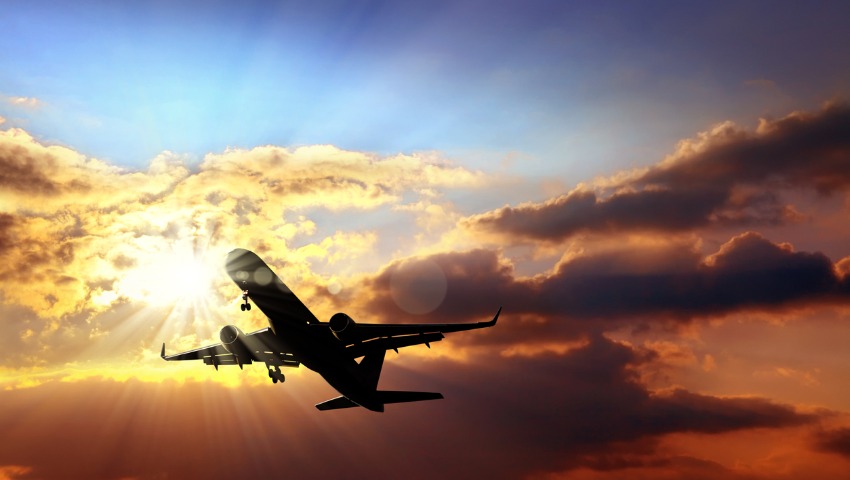One-third of all jobs lost in the United States from the coronavirus pandemic have been in the travel industry—an impact that is nine times greater than after the 9/11 attacks. That stunning assessment comes from the latest data compiled for U.S. Travel Association.
According to the analysis, of some 24 million jobs in the U.S. forecast to be lost by the end of April, 8 million are in travel.
The dire statistics were accompanied by a plea for increased federal assistance.
“The CARES Act was a good start, but the data shows there is still extreme and mounting pain in the American travel industry,” said U.S. Travel Association President and CEO Roger Dow. “We’re appealing for fixes, the addition of more relief, faster rules and greater flexibility.”
In particular, Dow appealed for replenishment of the Paycheck Protection Program (PPP), which has been depleted. “The relief program needs to fit the crisis, and we’re still learning the magnitude and intricacies of this particular crisis,” Dow said.
To address other issues with the CARES Act, U.S. Travel has urged Congress to:
- Expand eligibility for the PPP to DMOs classified as 501(c)(6) nonprofits or “political subdivisions” of their local governments, as well as to small businesses that operate multiple locations (with fewer than 500 employees per location).
- Appropriate an additional $600 billion for the PPP and extend the coverage period through December 2020. The PPP is currently slated to expire on June 30.
- Revise the PPP maximum loan calculation to 8x a business’ monthly outlays, and allow it to cover both payroll and nonpayroll expenses. Currently the formula is 2.5x and covers payroll only, not other expenses—which U.S. Travel says is inadequate for immediate needs.
Other data released by U.S. Travel reveals that overall travel spending last week plunged to $2.9 billion—an 85 percent drop since the first week of March and 87 percent lower than the same week in 2019. Ninety percent of travelers surveyed had some type of travel or travel-related activity planned prior to the COVID-19 outbreak, and 80 percent of those either canceled or postponed those plans.




